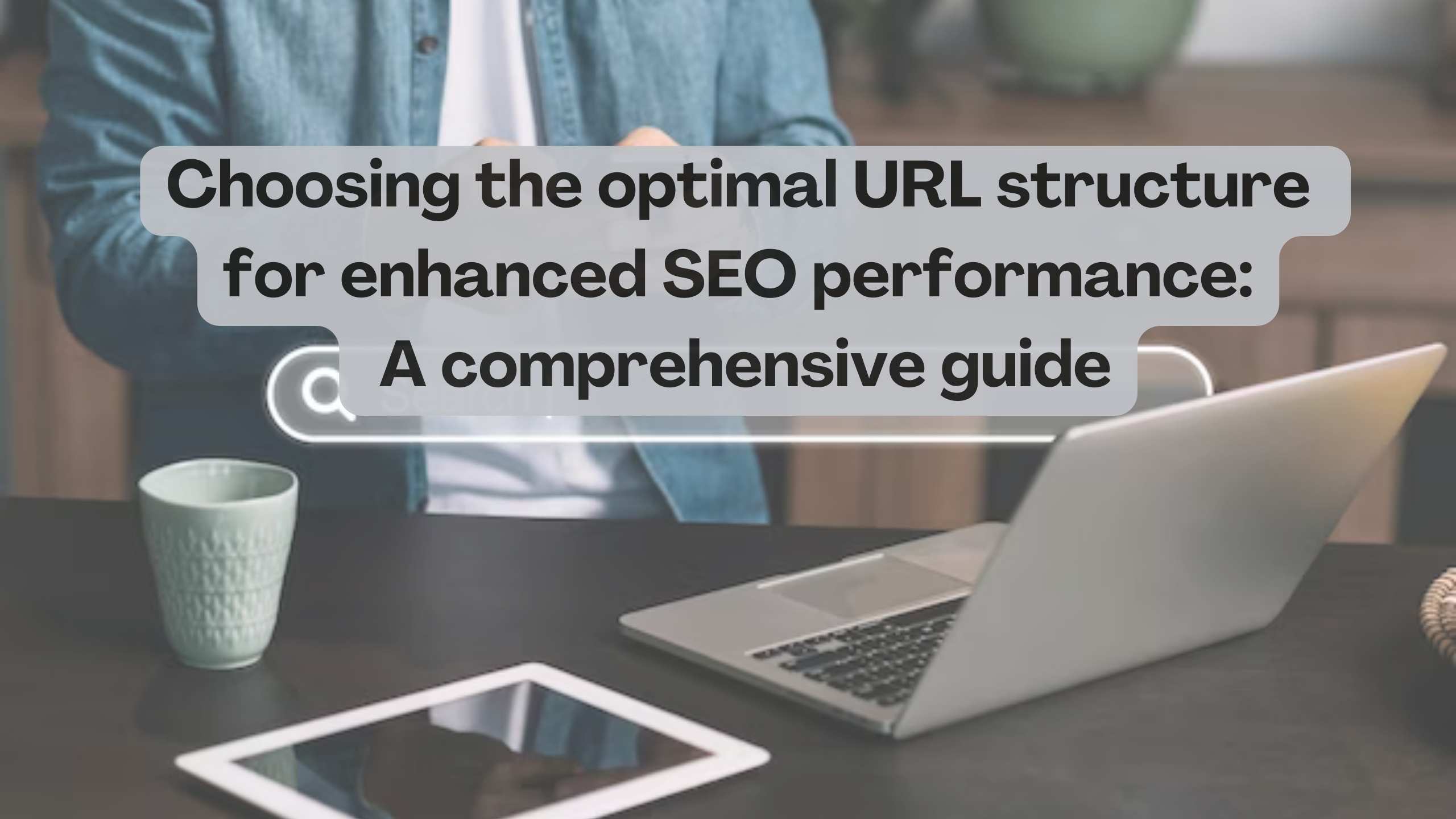Choosing the optimal URL structure for enhanced SEO performance: A comprehensive guide
- WebOps Platforms Bug Tracking & Feedback Software Web Development & Design


Choosing the Optimal URL Structure for Enhanced SEO Performance: A Comprehensive Guide
In the dynamic landscape of SEO, crafting an effective URL structure is a critical component of digital success. This comprehensive guide delves into the nuanced world of URL structures, providing actionable insights to enhance your website’s SEO performance. With a focus on best practices, keyword strategies, and concise URLs, this guide aims to be your go-to resource for understanding the profound impact a well-structured URL can have on your site’s visibility and user experience.
Understanding the Foundations of SEO-Friendly URL Structures
The Importance of a Clear Hierarchy
A well-defined URL hierarchy is akin to a roadmap for both users and search engines. Optimal structures like “domain.com/category/subcategory/page” provide a logical and navigable framework, facilitating a seamless user experience and aiding search engine crawlers in indexing your content accurately.
Utilizing Keywords Strategically
Strategically incorporating relevant keywords in your URL is not merely about SEO; it’s about creating a cohesive narrative for both users and search engines. The judicious use of hyphens to separate words ensures readability and accessibility, contributing to the overall clarity of your URL structure.
Keeping it Concise
Shorter URLs are not just aesthetically pleasing; they contribute to improved user experience and search engine favorability. A concise URL that succinctly reflects your content’s essence is not only easier to remember but also enhances shareability and click-through rates.
Relevant SaaS Products to Enhance Your SEO Strategy
- SEMrush: SEMrush goes beyond standard keyword research, offering a suite of SEO tools encompassing competitor analysis, site audit, and backlink analysis. It provides actionable insights to refine your content strategy and stay ahead in search rankings.
- Ahrefs: Ahrefs stands out for its comprehensive approach to SEO, offering tools for site audit, rank tracking, and backlink analysis. Uncover opportunities for improvement and keep your website’s overall SEO health in check.
- Moz: Moz is a robust SEO toolset featuring rank tracking, site audit, and link analysis. Gain valuable insights into your website’s performance and refine your SEO strategy for optimal results.
- Yoast SEO: Yoast SEO is a WordPress plugin that guides you in optimizing your content, ensuring SEO-friendly URLs, meta tags, and content structures. It is a valuable tool for WordPress users seeking to enhance their on-page SEO.
- Google Search Console: Google Search Console provides a direct line of communication between your website and Google. Uncover how Google perceives your site, identify potential issues, and capitalize on opportunities for improvement.
Conclusion
Crafting an optimal URL structure is not a mere technicality; it’s a strategic move to elevate your SEO game. As you implement the best practices outlined in this guide, remember that a well-structured URL not only appeases search engines but also enhances user satisfaction, contributing to a holistic digital presence.
Subscribed.FYI emerges as your all-in-one solution for understanding, comparing, and managing your SaaS stack. As you embark on the journey of optimizing your website’s URL structure, Subscribed.FYI offers exclusive deals, streamlined subscription management, and comprehensive insights into SaaS tools. Sign up today and unlock savings while navigating the complexities of the SaaS landscape.
Relevant Links:








